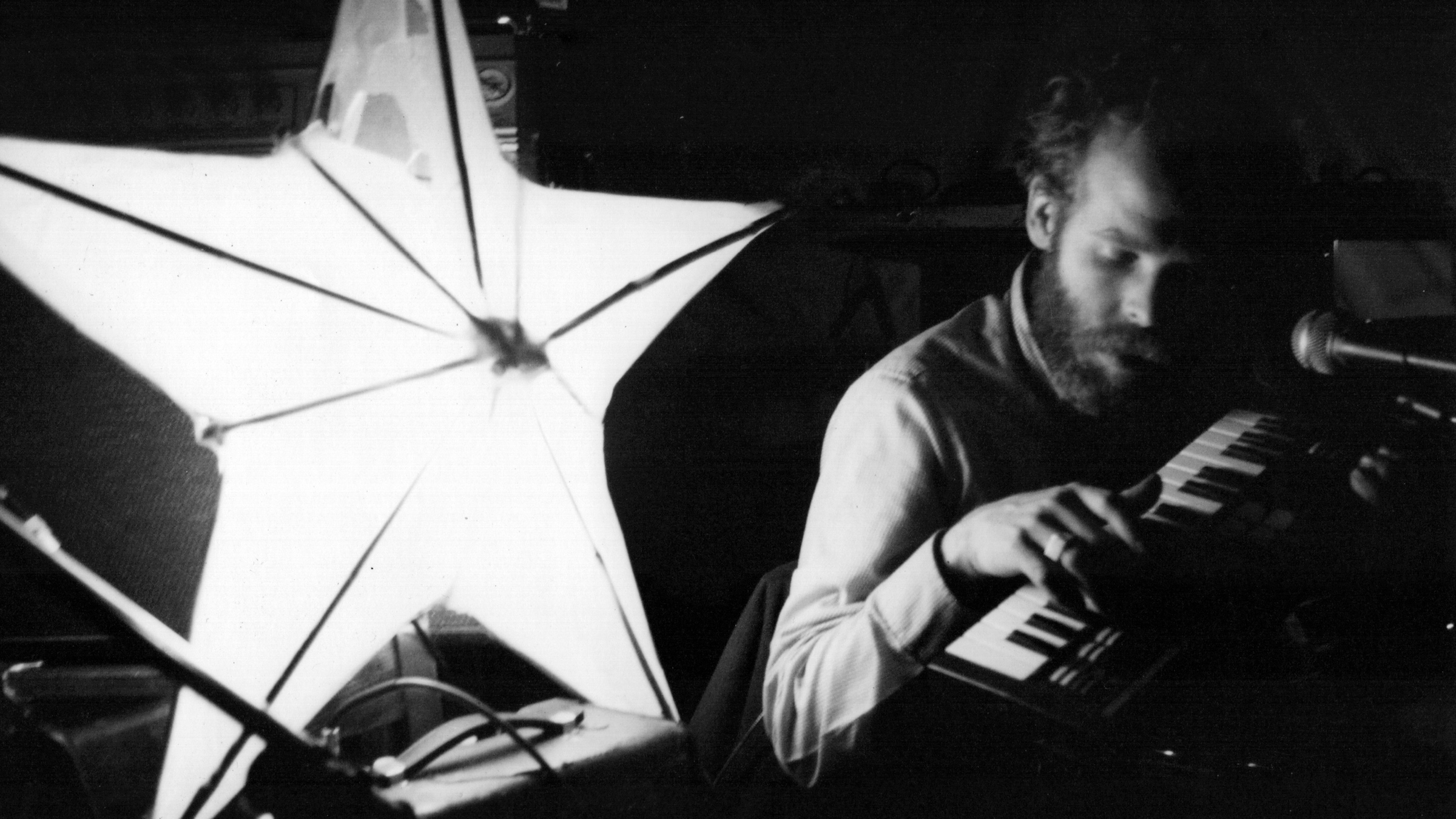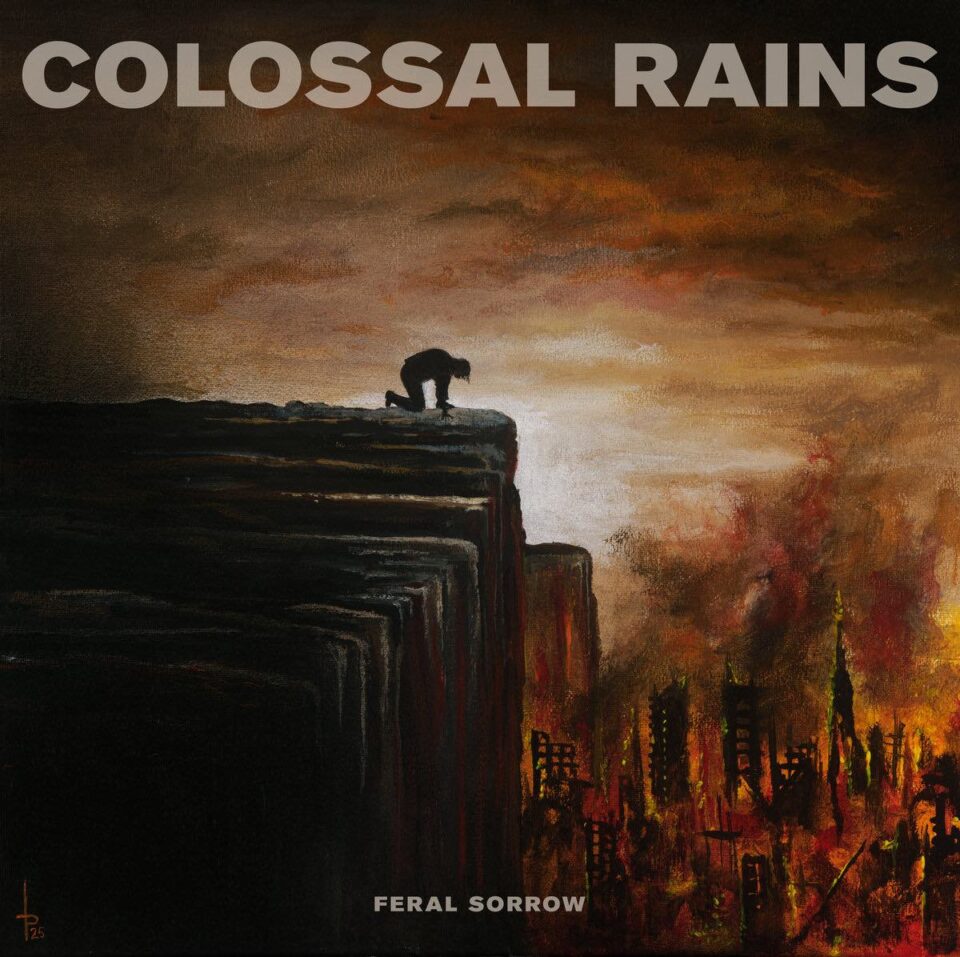I have great difficulty letting go of the past. Everything haunts me, from the trivial to the seminal: happiness and heartbreak, memory and muddled truth. I first became aware of this affliction around the same time I was introduced to the music of Will Oldham sometime in the late ’90s. His “I Am a Cinematographer,” recorded under the name Palace Brothers, popped up on a mixtape someone had leant me—or that I had stolen—along with bands like Silver Jews, Pavement, Archers of Loaf, and (Smog). These artists were new to me, not just in that they were outside of the mainstream, but because their music’s sense of narrative was simultaneously more complex and simpler than whatever was playing on one of the two rock stations whose frequencies meandered through my hometown. There was an epic truth to the simplicity and echoing beauty of Oldham’s song. A story was told so quietly, so comfortably, so as to suggest an inherent truth, a universal truth.
In the days before the promiscuous ease of the Internet, one had to venture to the local indie record store to learn more about an artist. Finding the “OLDHAM, Will” section would confront even the most industrious audiophiles with a seemingly endless stream of titles, bands, and monikers. Why the discrepancy? That question, to fans of Will Oldham, Palace, Palace Music, Palace Brothers, Palace Songs, Bonnie “Prince” Billy, Bonny Billy, et al. is still being answered with every release, incarnation, and effort from Oldham. The latest is Pond Scum, which was culled from three Peel Sessions recorded with the seminal UK DJ, producer, and journalist John Peel. Over his five-plus decade career, Peel aired such sessions with over two-thousand artists, and his 2004 death was deeply felt in the music community.
On the phone, Oldham was immediately cordial and articulate. He sounded just as I expected, like a voice from my past on the line. But, I imagined, we were probably going to talk more about him than me.
What interested you in releasing a selection of Peel Sessions as an album?
I’m trying to think if there’s something that triggered it specifically, but it may have been going through boxes and finding a CD or cassette of one session or another, depending on the vintage of the session. I always felt strongly about the experiences that we had there and always felt good about the recordings. And, it seems, I’ve been of the mind the past couple years to think also about—I don’t know—steering away from the insane attention toward the future in the present. So I’ve tried to figure out ways to be sure that the past is playing an obvious and active role in what we’re up to.
You recorded several Peel Sessions over the years, three of which aren’t represented here. What was it about these particular sessions that appealed to you? How did you select the tracks?
Well, Dan Koretzky, who’s one of the rulers of Drag City [Records, Oldham’s label], and I have been talking about this over the past year. With the help of whoever we can get, we’ve been collecting the different Peel Sessions—just so we can listen to them—from musicians or label people or the BBC. And then Dan came to Louisville at the end of the summer, and we just did the listening session, because we were trying to think how to edit things. We each had different opinions, and my girlfriend was present, and all three of us would weigh in—“yes” this song, “no” this song. But we were kind of interested in or happy with a lot of the recordings, and then I just thought rather than make something that was super patchwork-like, it seemed like these sessions—because they’re so spare—had a relationship to each other. So we tried listening to them together without any of the others—the other ones have all sorts of things, drums and violins. These didn’t have any of that, so we experimented with listening to them together, and thought, “Yeah, this kind of makes a coherent record.”
“Essentially, a song is a building block for doing so many other things in this line of work.”
Do you think of them as completely different songs, or simply a released version of another song?
I’ve always thought of songs as things that you build up in order to do other things. My approach is that you build up a song to do things with it, in order to work with other people or convey musical ideas or even lyrical ideas to an audience or other musicians. And so each performance and each recording [has] very little to do with one another. Any time you perform or record a song, it’s built using the same blueprint, but it’s a different thing—a different structure altogether.
There’s a song on there that for some reason, when I was at the BBC, I called it “The Houseboat,” and then we recorded it, and now it’s called “O How I Enjoy the Light.” As we perform songs in different ways I completely lose track of how the audience might have a relationship with the recording. I forget how lyrics or phrasings might get changed, or the key oftentimes gets changed. With the Singer’s Grave record, it also felt like a nice chance to show somewhat my relationship to what a song is [Editor’s Note: Oldham’s 2014 LP Singer’s Grave A Sea of Tongues was a reworking of most of his 2011 album Wolfroy Comes to Town]. Essentially, a song is a building block for doing so many other things in this line of work. And it’s nice to not necessarily just have to be performing three hundred nights a year in order to represent the songs to people.
Do you often listen to your old recordings?
No, not so often. Not so often at all. I’m very self-conscious; I only listen to music if I’m preparing for a tour. I love listening to old recordings by surprise, like if I walk into a store or somebody’s house, or [if it’s] on the radio. I love that because then I feel like I get to hear it like an audience member.
As the audience has a relationship with each song, each album, we have our own contrived, imagined relationship with you, as well. That you’re aware of and sensitive to this relationship is both fascinating and redemptive in a way.
When making the song, that’s where I’m trying to put my brain. I’m trying to imagine being on the other side of that step. It’s a lot of work during that time, very intense, but after that, to get into that mind frame is a really strange and awkward process. But then when it happens, it’s really cool because I can hear the lyric or Alex Neilson’s drumming or something like that in a way that I wouldn’t if I actively put it on.
Seeing a photo from five, ten, fifteen years ago can render some kind of image or emotion or memory tangential from that moment in time. When you’re listening to the recordings that became Pond Scum, where did they take you?
The Peel Sessions, because they are these little produced constructions. They’re these cool satellite things orbiting around what we’re normally up to.
When Peel turned—I guess—sixty, we were invited to perform at his birthday party at BBC, and they recorded that and somehow we got that recording, and that was really evocative. It sounded like us in a space: it was live, with an audience. But the Peel Sessions, because they are these little produced constructions, they’re more foreign, they’re these cool satellite things orbiting around what we’re normally up to.
When I play them it’s kind of magic. [It reminds me of] the Michael Jackson concert movie that came out after he died; there was a sequence he developed for the tour that never happened that had him interacting with Humphrey Bogart. There are certain things that happen like that in my life, and this is one of those things. The very first time we went in and did one in ’93, we were in a really, really nice studio with a really, really skilled engineer and producer, and the record we were touring on we made on an eight-track cassette, so the experience was so different. It was like somebody dressing you up, you know, renting a bespoke tuxedo for you.
It must be interesting to have archival audio artifacts existing of what you were like as a twenty-year-old, twenty-five-year-old, and so on. You can go back and listen to yourself telling a story, sharing a piece of yourself at that time. What’s that like to go back and listen to a version of you from twenty years ago? Is it strange?
Yeah, it’s really strange. But as a singer, especially then, I always was thinking that I was like the audience listening to the singer sing, rather than being the singer who was singing. Even then there was a kind of separation. But I think of ’92 through about ’98 as being my de facto higher education. So it’s probably like for some people if they went back and looked at a term paper they wrote as a sophomore in college that they just think, “OK, I definitely was trying to do the best that I could but I didn’t know what I was doing at all.”
Pond Scum as a title seems a contrast to the music. These are, for lack of better phrasing, beautiful songs and arrangements. So where did the title come from?
Just very simply because people would refer to the divide, or traversing the divide between the United States and United Kingdom, as crossing the pond. I [also] love ponds. I have a strong history and relationship with ponds. But it’s from traversing that pond. It’s meant fondly, as a description of all these British recordings. FL







